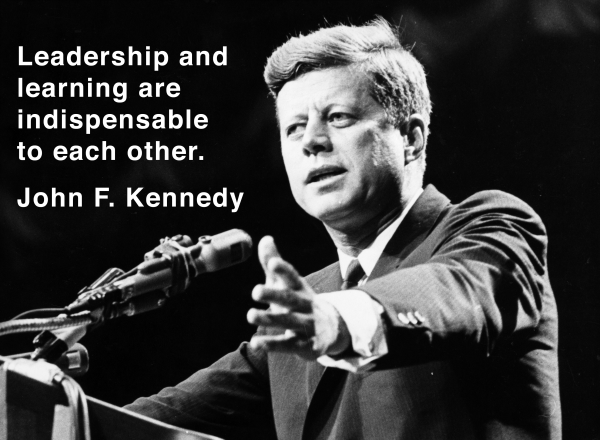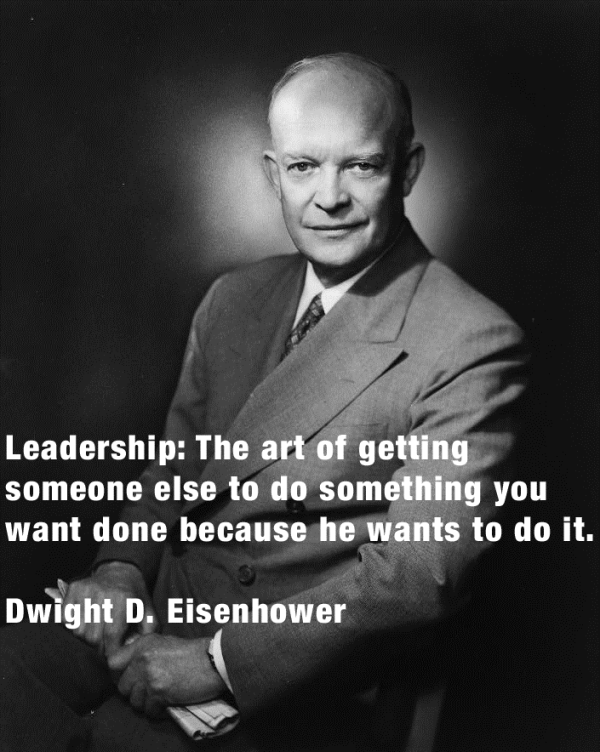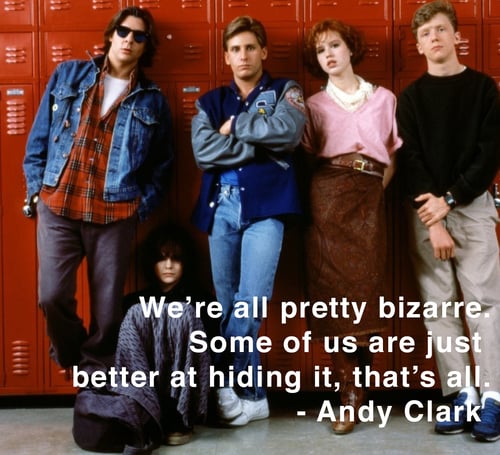 Jon Bentz pioneered the study of managerial derailment when he launched a 30-year study of failed managers in the late 1970s at Sears. Bentz presented his research at the Center for Creative Leadership in the early 1980s. Bentz noted that they were uniformly bright and socially skilled; they failed because they:
Jon Bentz pioneered the study of managerial derailment when he launched a 30-year study of failed managers in the late 1970s at Sears. Bentz presented his research at the Center for Creative Leadership in the early 1980s. Bentz noted that they were uniformly bright and socially skilled; they failed because they:
- Lacked business skills
- Were unable to deal with complexity
- Were reactive and tactical
- Were unable to delegate
- Were unable to build a team
- Were unable to maintain relationships with a network of contacts
- Let emotions cloud their judgment
- Were seen as having an overriding personality defect
Inspired by Bentz’ findings, Morgan McCall and Michael Lombardo replicated and extended the study by interviewing senior executives and asking two questions, one about a successful executive and one about a derailed executive. In their findings, they defined derailed executives as “…people who were very successful in their careers (spanning 20-30 years and reaching very high levels) but who, in the eyes of the organization, did not live up to their full potential…” McCall and Lombardo published The Lessons of Experience in 1988. Although it was not the point of the book, it contained relevant, useful data on derailment. McCall and Lombardo focused on behaviors, circumstantial factors, and dynamics, rather than an overriding personality defect.
Hogan’s first published work on the dark side appeared in 1990 (Hogan, Raskin, & Fazini, 1990), and focused on one dimension of a taxonomy. In 1997, the first complete work on the derailment taxonomy was published in the Hogan Development Survey technical manual.
In 2003, David Dotlich and Peter Cairo suggest that everyone has derailment tendencies, but that CEOs are more vulnerable to them because of the pressure at the top of the pyramid, and that self-awareness can mitigate the influence of these tendencies on organizational effectiveness.
Rasch, Shen, Davies, and Bono (2008) offer a taxonomy of ineffective leadership behavior with three empirical findings warranting special attention: (a) they found no sex differences in the frequency of these behaviors, (b) the category of bad behavior that had the most toxic impact on staff morale was, “Failure to consider human needs,” (c) the frequency of this particular behavior increased with organizational status; the more senior the manager, the more abusive.
Most recently in 2011, a conclusive chapter on management derailment, personality assessment, and mitigation by Hogan, J., Hogan, R., & Kaiser, R. B was published in the APA Handbook of Industrial and Organizational Psychology (Vol. 3, 555-575). In this publication, Hogan et al. discuss the causes of incompetence, taxonomies of derailing characteristics, and factors for mitigating and preventing derailment.
In conclusion, the derailment research is based on a variety of methods and yields consistent findings across time, organizations, organizational levels, national culture, and even gender. The reasons managers fail all concern poor business performance, poor leadership, poor self-control, and especially, relationship problems. Moreover, the failure often occurs following major change and periods of increased stress. The reason these defects matter lies in the definition of leadership—which is the ability to build and maintain a team that can outperform the competition.







